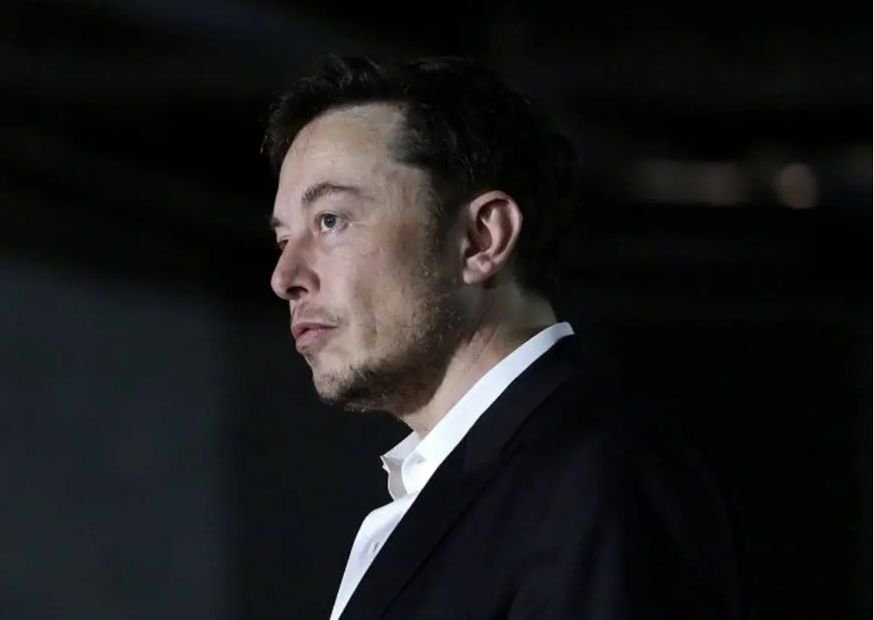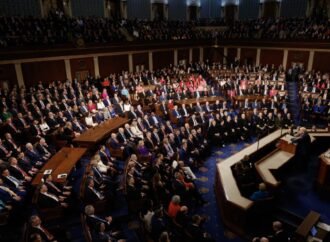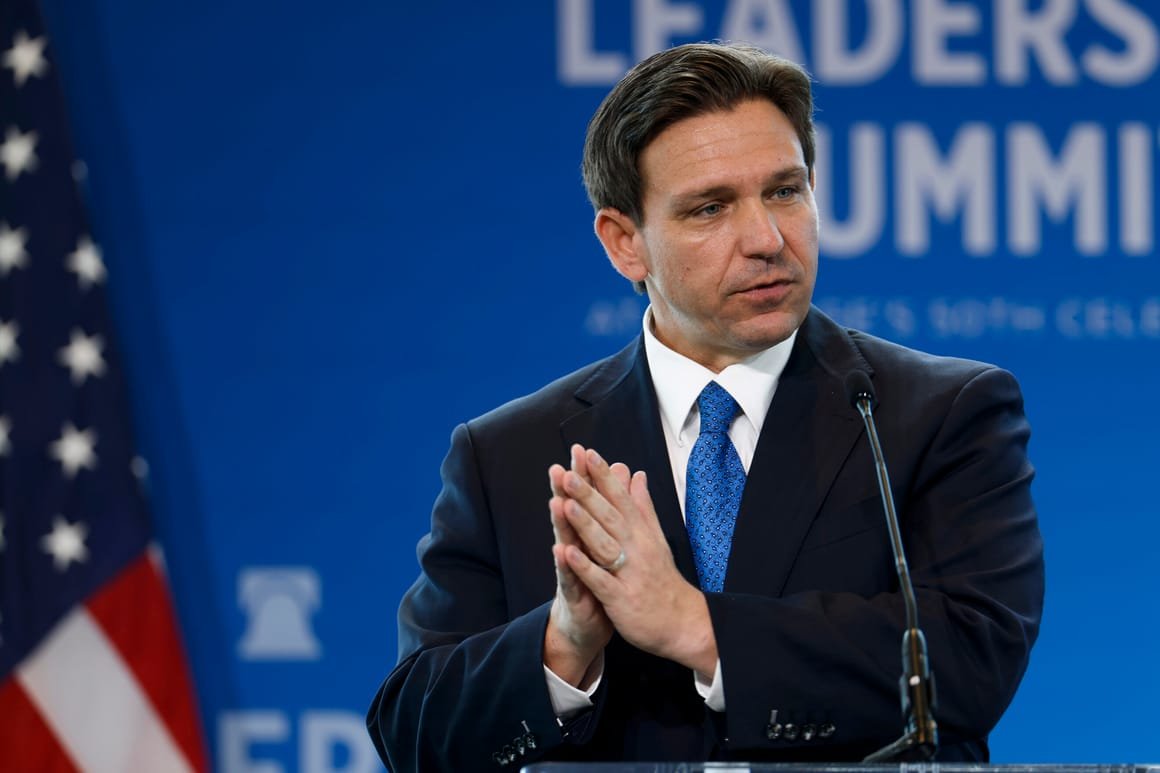PALO ALTO, USA: Billionaire entrepreneur Elon Musk’s proposed $1 trillion pay package has set off a wave of criticism from investors, labour unions, and governance experts — with many calling it one of the most excessive corporate compensation deals in history. The massive proposal, put forward by Tesla’s board, aims to grant Musk stock options
PALO ALTO, USA: Billionaire entrepreneur Elon Musk’s proposed $1 trillion pay package has set off a wave of criticism from investors, labour unions, and governance experts — with many calling it one of the most excessive corporate compensation deals in history.
The massive proposal, put forward by Tesla’s board, aims to grant Musk stock options tied to long-term performance goals, including reaching an $8.5 trillion company valuation and producing 12 million electric vehicles by 2035. The plan also ties rewards to Musk’s ambitious vision of deploying one million humanoid robots under Tesla’s Optimus project.
However, major investor groups have voiced serious concerns over the plan’s size and structure. The SOC Investment Group, representing labour union pension funds, denounced the package as “pay for unchecked power,” accusing Tesla’s board of being too closely aligned with Musk’s interests. Similarly, U.S. pension funds from New York and California have urged shareholders to reject the deal, citing risks of share dilution and weak oversight.
Tesla’s board, however, has defended the plan, arguing that it reflects Musk’s unmatched leadership and strategic vision. Company chair Robyn Denholm warned that failure to approve the proposal could threaten Tesla’s stability and long-term innovation plans, particularly in artificial intelligence, energy storage, and robotics.
The debate over Musk’s trillion-dollar payout has quickly evolved into a symbolic global discussion about the balance of power between corporate boards, shareholders, and visionary founders. As the shareholder vote approaches, the world watches closely — not just for Tesla’s future, but for what it reveals about the changing face of executive compensation in the modern tech age.
This story has been reported by PakTribune. All rights reserved.
 Internet Connectz
Internet Connectz 











Leave a Comment
Your email address will not be published. Required fields are marked with *